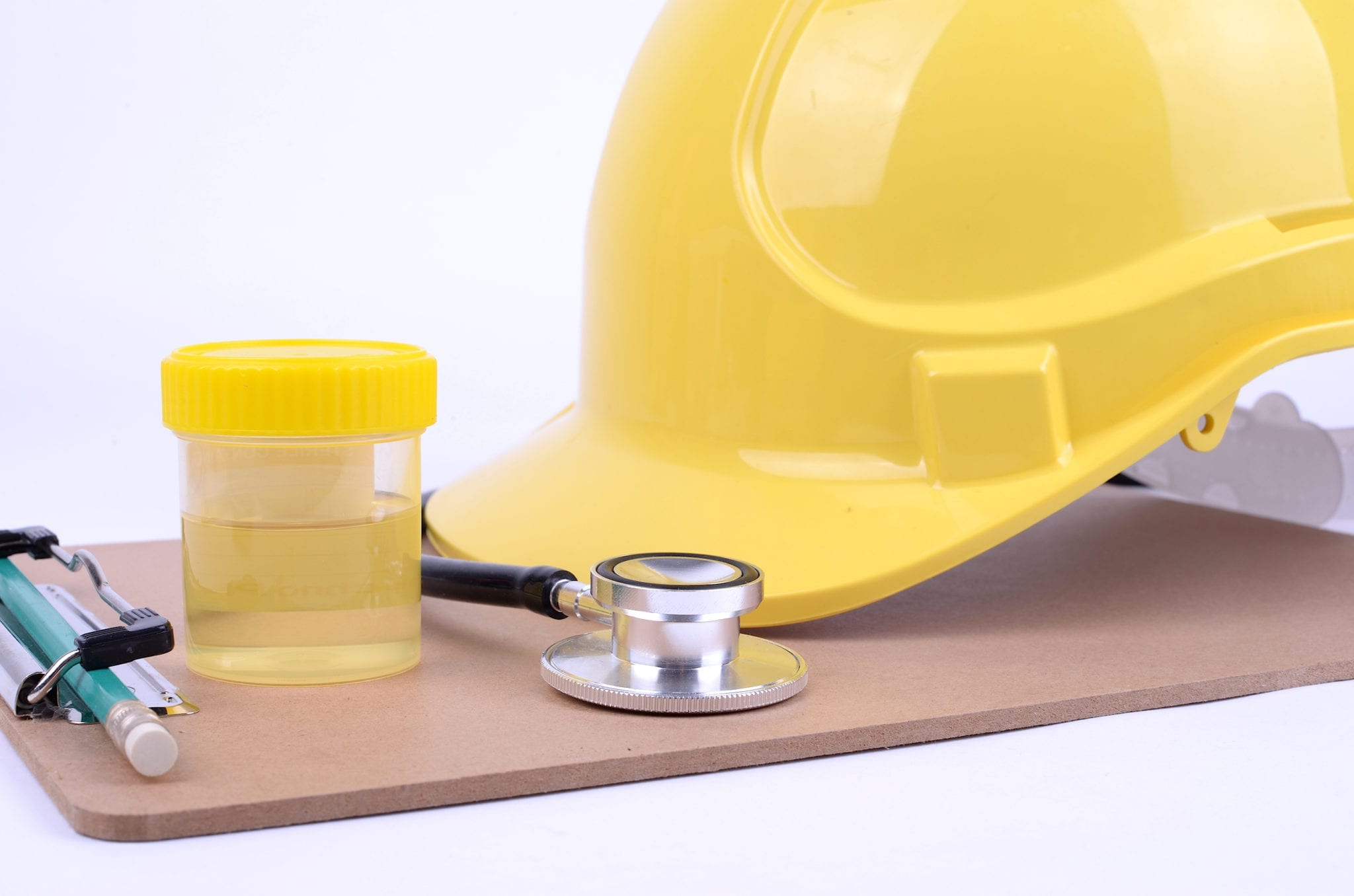
As a contractor, you want employees focused on the job site. There’s no room for the safety risks that stem from substance abuse, which is why contractor drug testing has become such a big topic in recent years.
In addition to being a safety risk, substance abuse can cost companies money in the following areas:
- Workers compensation
- Medical costs
- Absenteeism
- Lost productivity
- Employee turnover
Unfortunately, construction is one of the top industries for drug and alcohol abuse, according to the Substance Abuse and Mental Health Services Administration. To further complicate matters, multiple states have recently legalized medical or recreational marijuana and there has been an uptick in cocaine, amphetamine and opioid use nationwide. Alcohol dependence is also a major challenge.
So, how should you set up a drug testing? This blog post outlines best practices and how you can approach the situation wisely.
Be proactive: Have a contractor drug testing policy
First and foremost, it’s important to have a clear and well-documented substance abuse policy in place that treats all employees the same. Here are some of the main points your policy should address:
- Circumstances for testing.
- How procedures are documented.
- Communication plans for test results.
- Consequences of a failed drug test.
- Second chance parameters, if applicable.
- Conditions for termination.
- Any employee assistance programs (EAP) you offer.
Addressing these details within a policy is key to having an effective drug testing protocol.
Understand federal and state requirements
Be sure you understand your state’s drug testing laws to understand any restrictions on what types of tests can be administered (i.e. random versus reasonable suspicion), as well as what specimens can be tested (hair, saliva or urine).
Additionally, state laws may also require employers to take specific steps or provide certain rights to employees after a failed drug test. A universal condition is that all test results must be reviewed by a medical review officer.
It’s also important to understand all federal regulations and requirements relative to drug testing for your specific line of work. This is especially relevant if you’re contracted by the federal government or if you have safety-sensitive positions that are regulated by a federal agency.
As with the creation or revision of a substance abuse and drug testing policy, you should consult with a human resources expert and/or an employment law attorney when evaluating how federal and state requirements impact your policy.
Read more
4 Essential Construction Safety Tips for Contractors